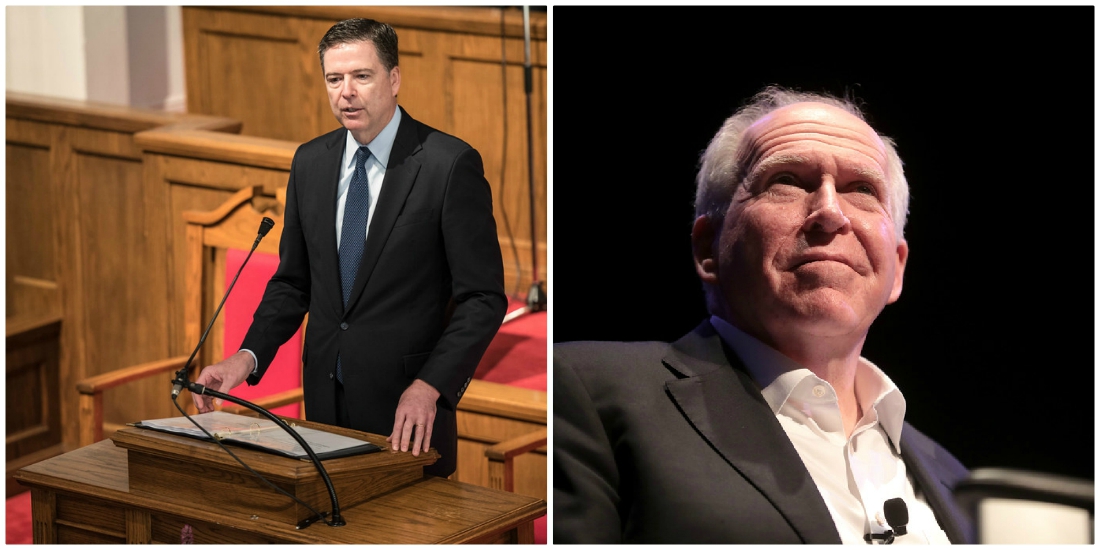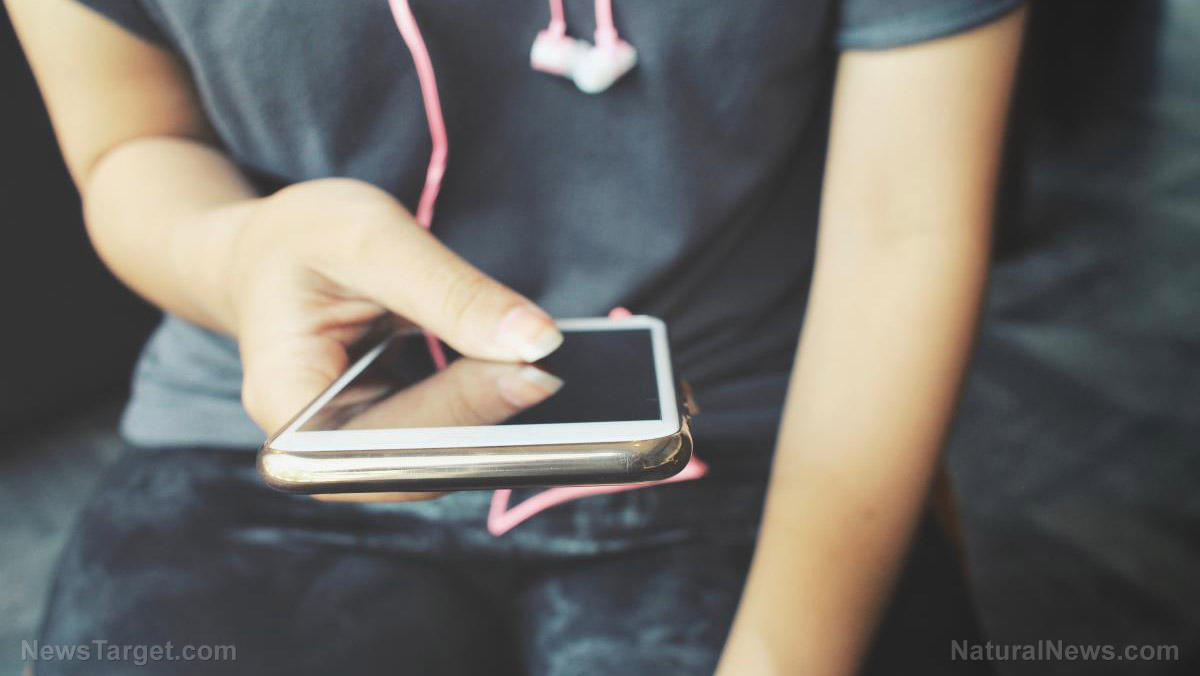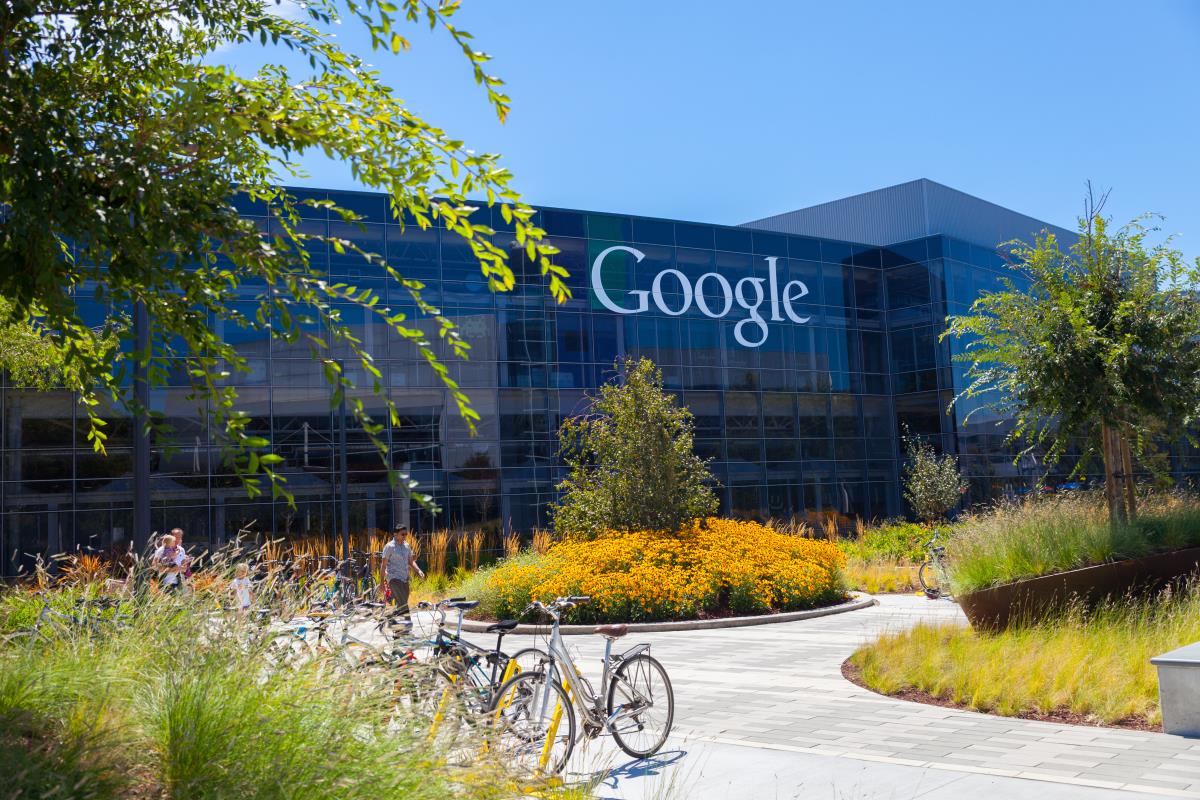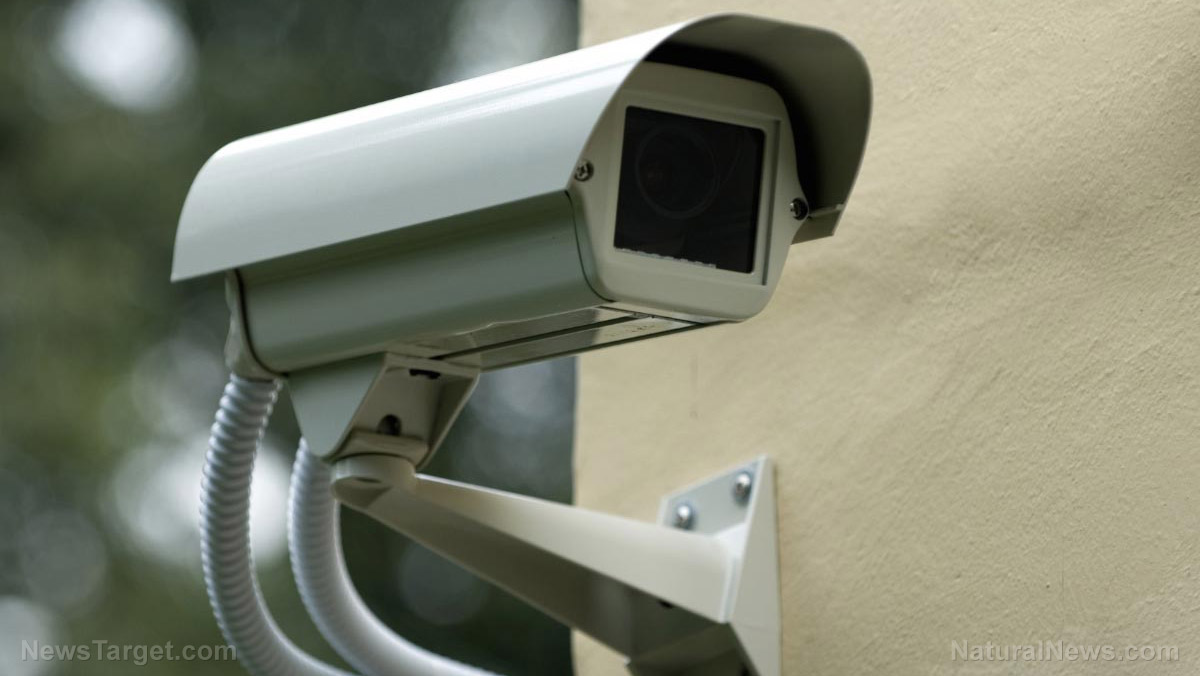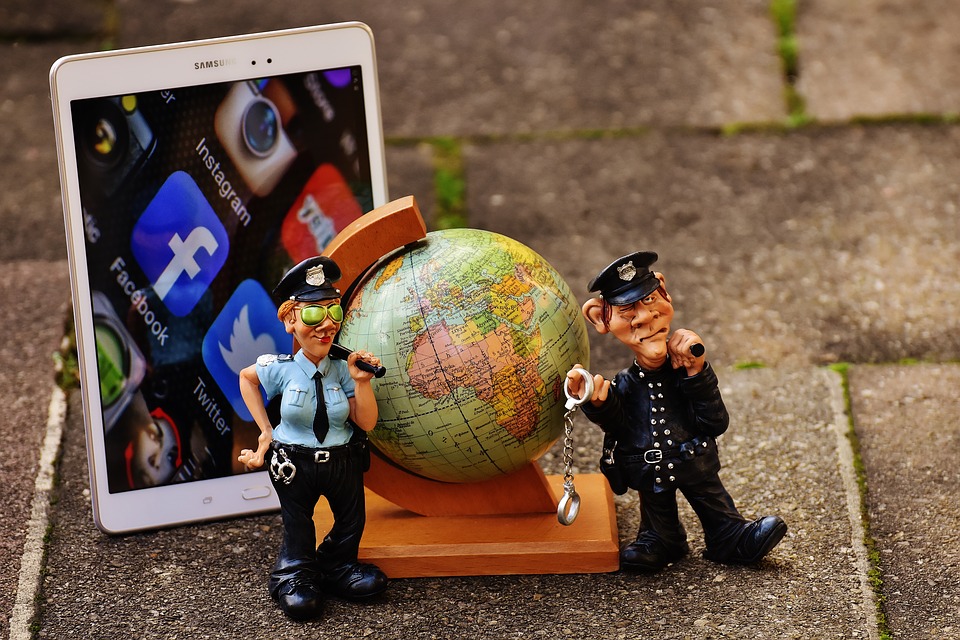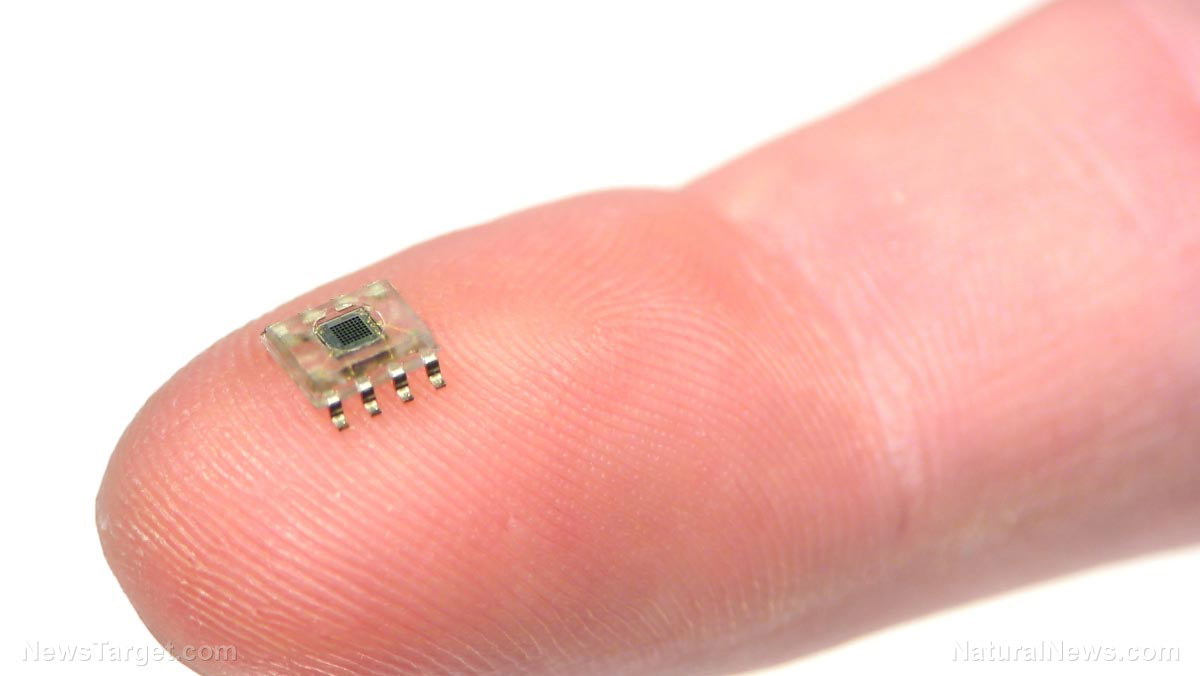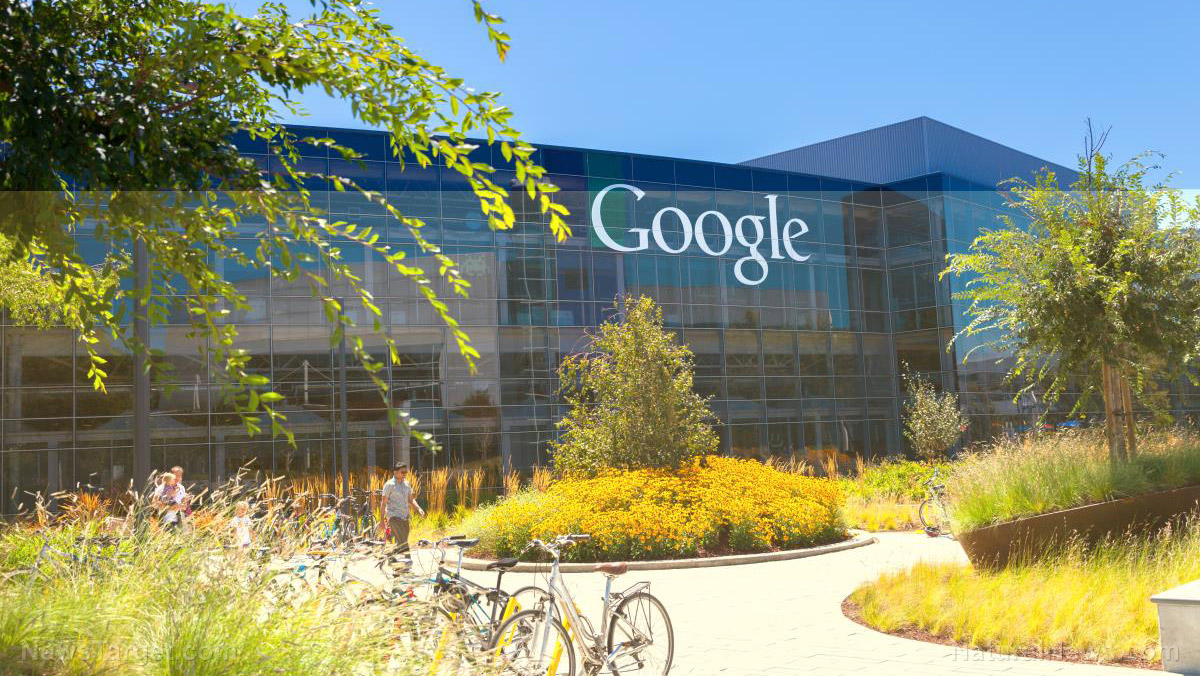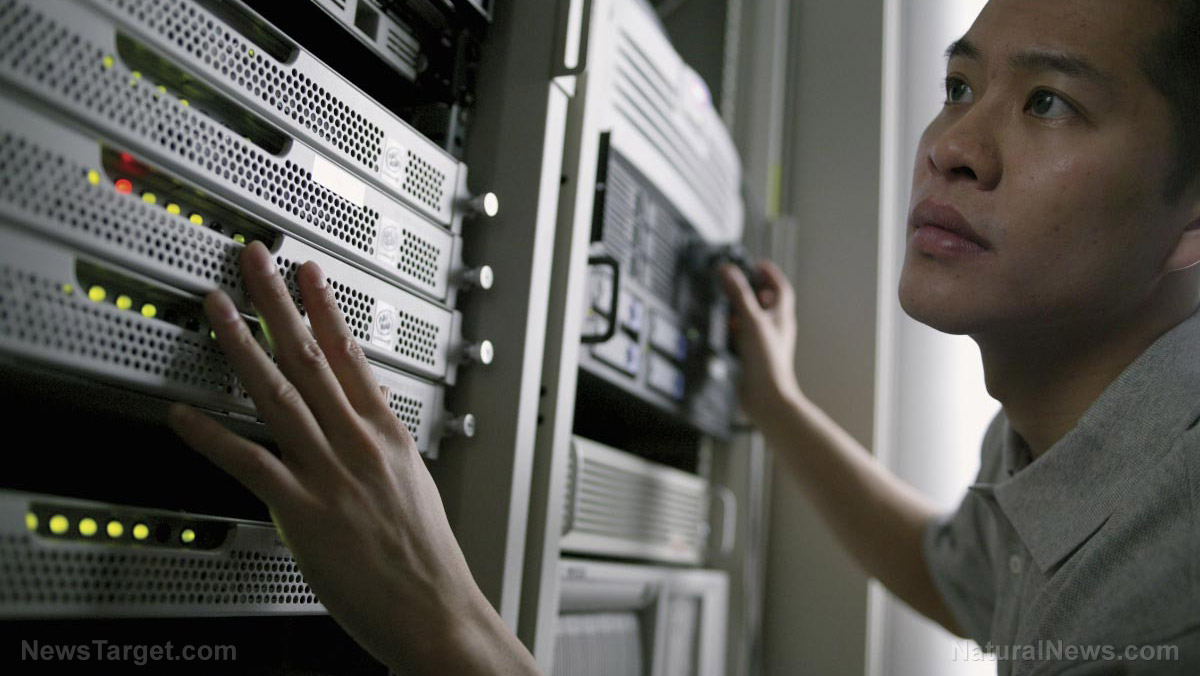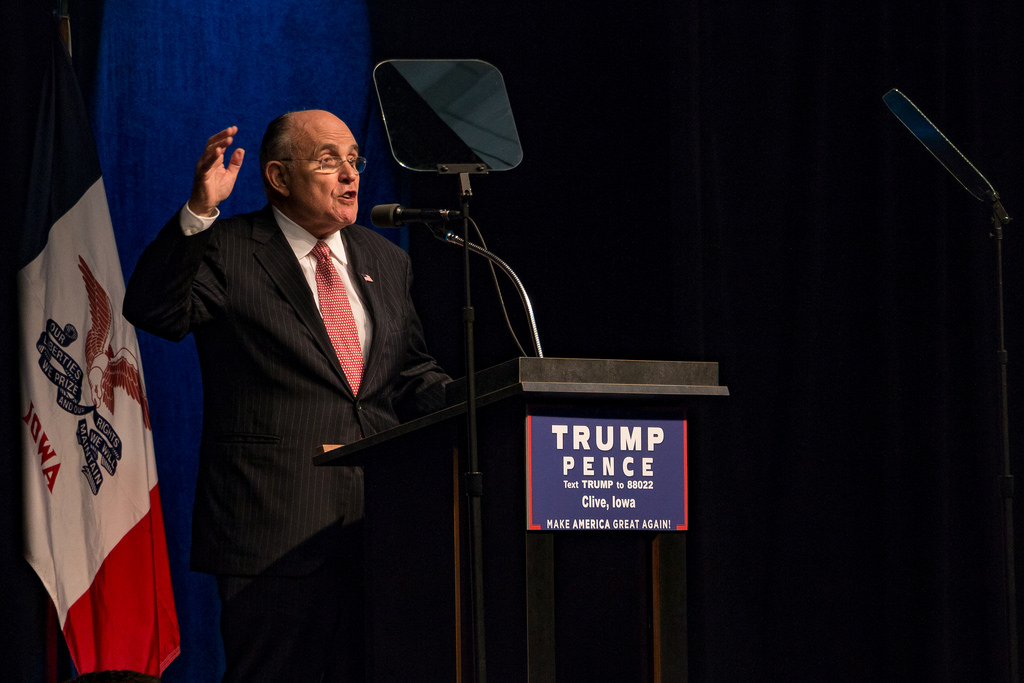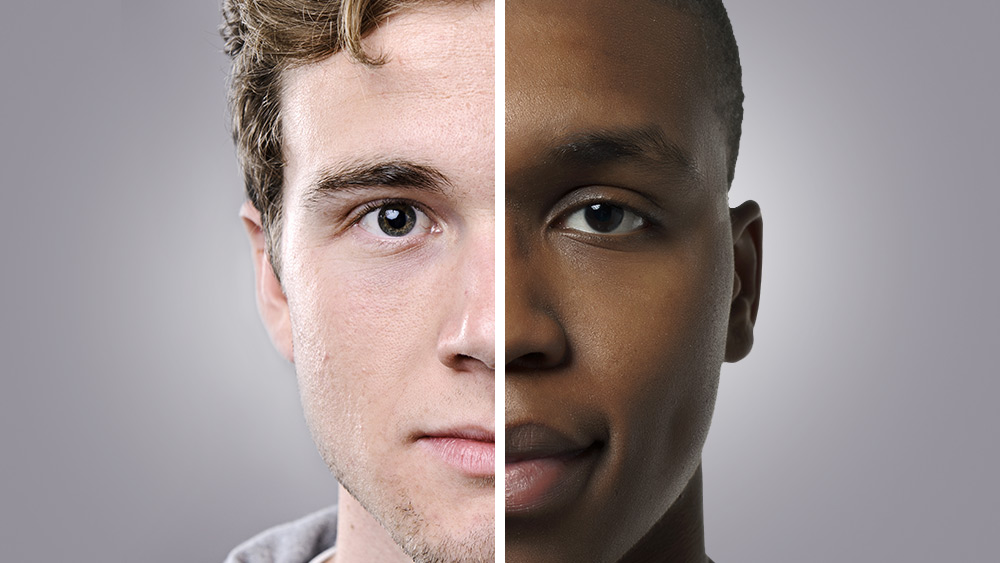Singapore employs heavy-handed approach to contain coronavirus spread… and it’s working
03/07/2020 / By Arsenio Toledo
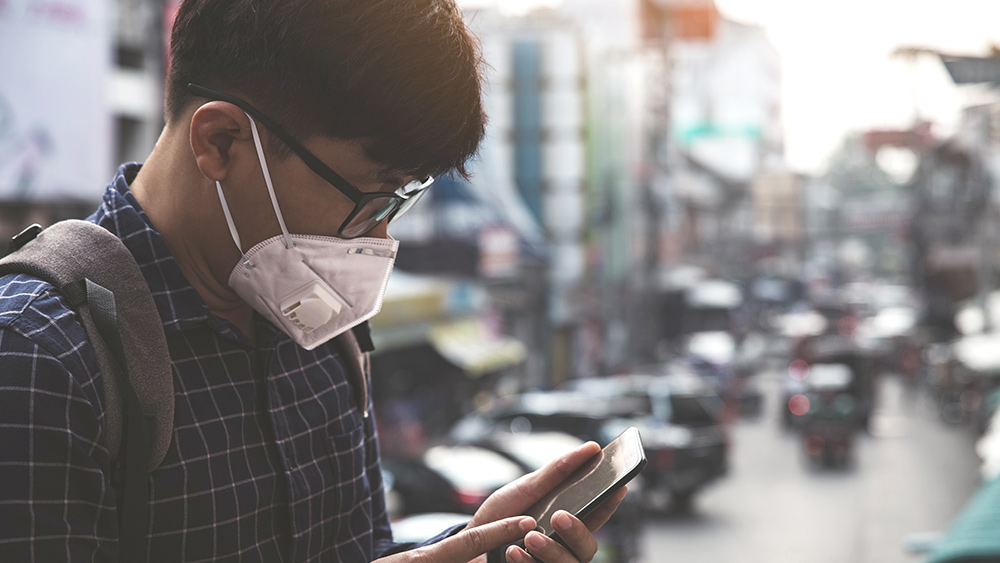
In Singapore, if you have the coronavirus and you lie about it, you can be slapped with a six-month jail sentence, or a fine of nearly $10,000. This is the result of the city-state’s very heavy-handed — but also very effective — response to the coronavirus outbreak, which has infected 117 people in the country, but has also resulted in zero deaths and a very high rate of discharge of 69.2 percent.
Singapore is implementing very strict measures for controlling the spread of the coronavirus. If you catch it in Singapore, you are obligated to answer as many questions as the authorities have, such as where you’ve been and whom you’ve met along the way. To verify this information and to contact anybody you’ve met, Singapore’s Ministry of Health is employing a dedicated team of “contact tracers” who will use police and surveillance footage, as well as ATM and other purchase records, to map out and verify where you went to in the days and weeks before you were diagnosed with COVID-19. If you refuse to comply with questioning, authorities can subject you to a fine of up to $10,000 (or nearly 14,000 Singaporean dollars), send you to jail for up to six months, or both.
“Contact tracing” is when experts go through a process of identifying anybody with whom the infected individuals have come into contact, and following up with them to see if they’ve also contracted the virus. According to experts from Harvard’s T.H. Chan School of Public Health, no country does contact tracing better than Singapore. The city-state has a “very strong” track record in disease surveillance, and their ability to detect new cases of infection is three times higher than the global average.
“Contact tracing teams have been working round the clock” just to trace where coronavirus patients have been, according to a spokesperson from the Singapore Ministry of Health. As of March 5, Singapore has 117 confirmed cases. Along with that, 81 people, or 69.2 percent of cases, have been discharged from hospitals.
I'm stunned by the depth of #coronavirus information being released in #Singapore. On this website you can see every known infection case, where the person lives and works, which hospital they got admitted to, and the network topology of carriers, all laid out on a time-series pic.twitter.com/wckG8KpPDE
— 📎 ® ¥ ¨ † å ® ø (@RyutaroUchiyama) March 2, 2020
Singapore zeroes in on the origin of coronavirus cases
The Singaporean Ministry of Health is employing 140 “contact tracers.” This dedicated team works seven days a week, from 8:30 a.m. to 10:00 p.m. They subject anyone who’s been diagnosed with COVID-19 with very detailed interviews to figure out where the patients have been and whom they’ve seen. (Related: Travelers appalled by lack of screening at NYC airports amid coronavirus outbreak.)
“Think of what has happened in the last five days,” said Dr. Leong Hoe Nam, an infectious disease doctor at Mount Elizabeth Hospital in Singapore, in an interview with Public Radio International. “What did you do? Where did you go? Who did you meet?” Nam recognizes that the chances of good recollection are very low, which is why the contact tracers make use of government resources, including tracking the “digital signatures” of their own citizens. This means the contact tracers can tap the police to run back surveillance footage from public spaces and local businesses, and they can get ATM and credit card information.
Nam said that without investigating people’s digital signatures, Singapore’s contact tracing abilities would be weaker than they are. The contact tracer team outlines all the places the infected persons went to in the past 14 days before their symptoms began. This helps the team determine where the coronavirus originated. The goal of the contact tracers is to complete this map within 24 hours of the confirmation of the illness.
Since the beginning of the COVID-19 outbreak in Singapore, the Ministry of Health has, with the help of the contact tracers, quarantined at least 3,291 people who have had contact with at least one of the country’s 117 confirmed coronavirus patients. This includes family members, work colleagues and travel companions. As of press time, 381 people are still under lock-down, while the rest have either been released or moved to hospital isolation because they developed a symptom of the coronavirus.
Other people who may have been in contact with patients, such as people who went to the same grocery store, may get a call from government officials, who will ask these people to monitor their own health for the next few days and put on a mask and see a doctor if they develop symptoms.
Lying or withholding information about where you’ve been in the past two weeks to contact tracers is illegal. The team recently charged a Chinese couple with lying to health authorities. The couple could either serve jail time, pay a hefty fine, or both. The health officials determined the true movements of the couple through their detailed investigations.
Tedros Adhanom Ghebreyesus, Director-General of the World Health Organization, praised Singapore’s ability to act quickly and decisively during epidemics. He and other health experts have called the country’s response to outbreaks “the model to emulate,” saying that Singapore was “leaving no stone unturned” in its race “to find every case, follow up with contacts, and stop transmission.”
Sources include:
Tagged Under: contact tracing, coronavirus, covid-19, Illegal, infections, investigations, outbreak, pandemic, Police, privacy, Public Health, Singapore, surveillance
RECENT NEWS & ARTICLES
COPYRIGHT © 2017 SURVEILLANCE NEWS



